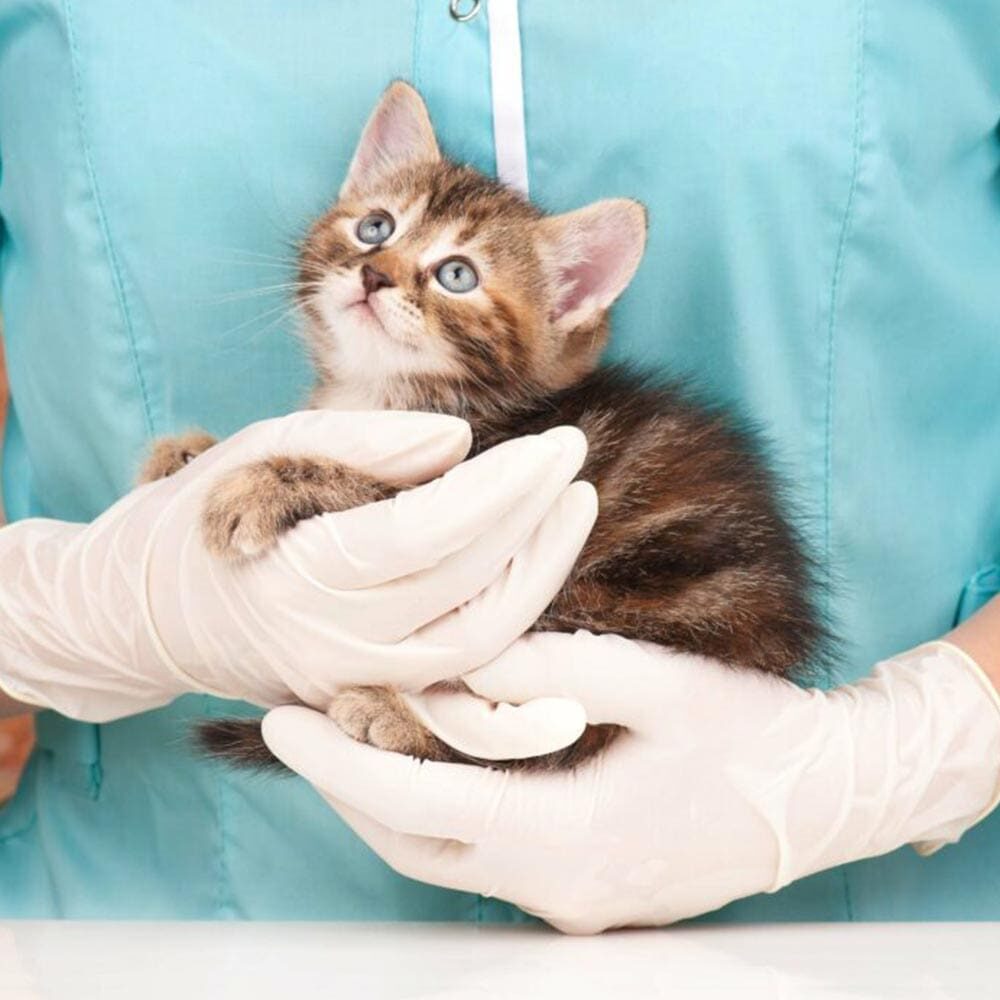
Our team believes in a proactive approach to pet health, with deworming services designed to prevent common intestinal worms such as roundworms, hookworms, and tapeworms. While puppies and kittens are the primary carriers of worms, older dogs and cats can contract them as well if they aren’t adequately protected. At Embassy Veterinary Center, our experienced team is here to provide personalized care for every situation, making sure your pet stays comfortable and protected for as long as they can!
Is your pet staying protected from worms? Make an appointment today.
Types of Worms Affecting Pets
Intestinal worms can be a health hazard for dogs and cats of all ages. Here’s a quick guide to the types of worms that can affect your pets and the symptoms to watch for:
Roundworms
- Symptoms: Diarrhea, vomiting, weight loss, pot-bellied appearance
- Risks: Can lead to intestinal blockages; transmissible to humans (especially children).
Hookworms
- Symptoms: Anemia, bloody diarrhea, weight loss, weakness
- Risks: Severe in puppies / kittens; can cause skin infections in humans
Tapeworms
- Symptoms: Mild digestive issues, rice-like segments in stool
- Risks: Certain species can pose serious risks to humans
Whipworms
- Symptoms: Watery diarrhea, dehydration, weight loss
- Risks: Particularly dangerous for puppies and kittens
Coccidia (Protozoal Parasite)
- Symptoms: Watery diarrhea, dehydration, weight loss
- Risks: Particularly dangerous for puppies and kittens
Giardia (Protozoal Parasite)
- Symptoms: Diarrhea, stomach cramps, nausea
- Risks: Can be transmitted to humans, causing gastrointestinal issues

